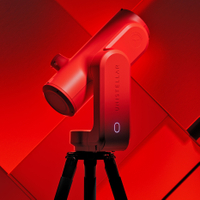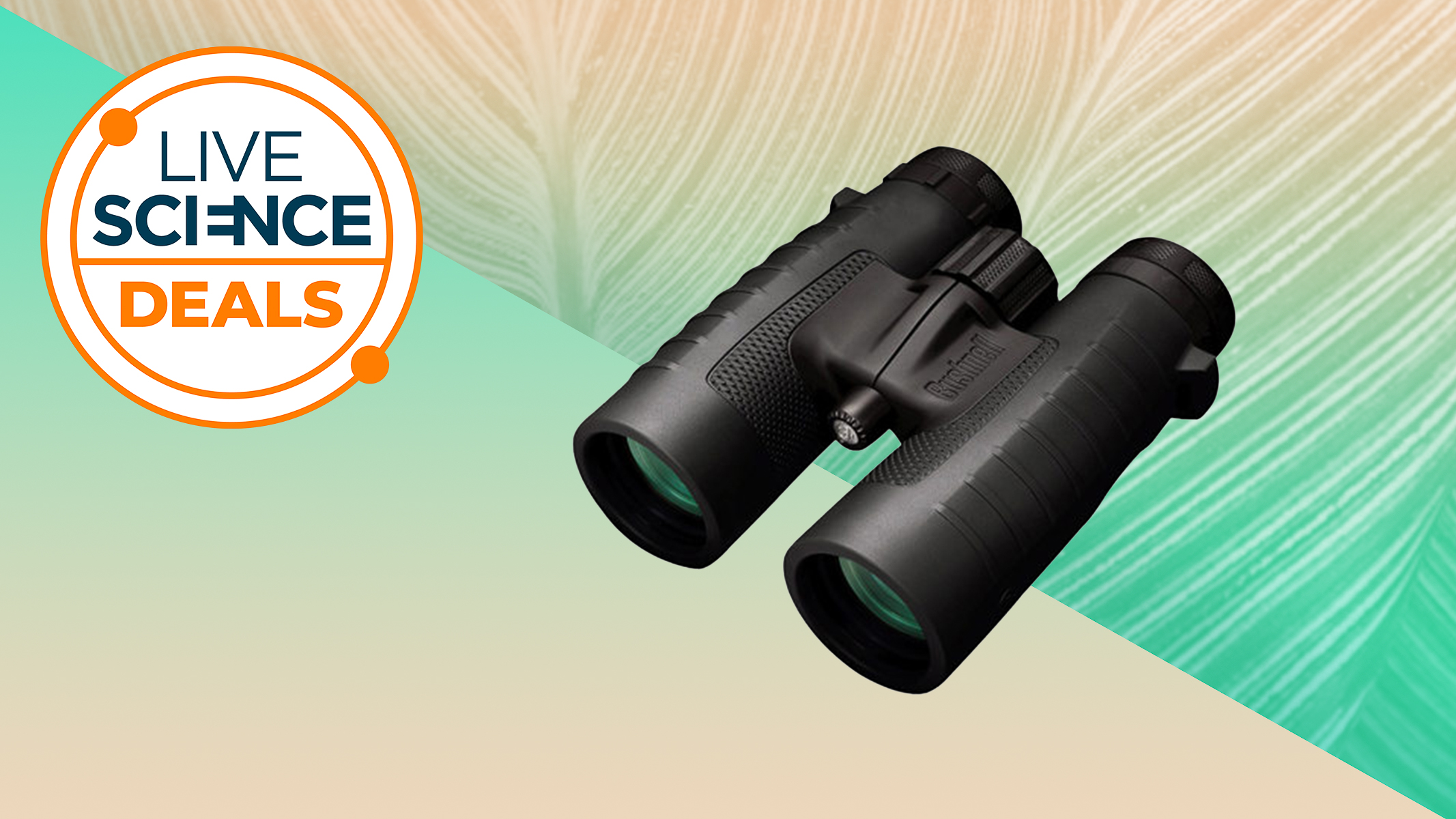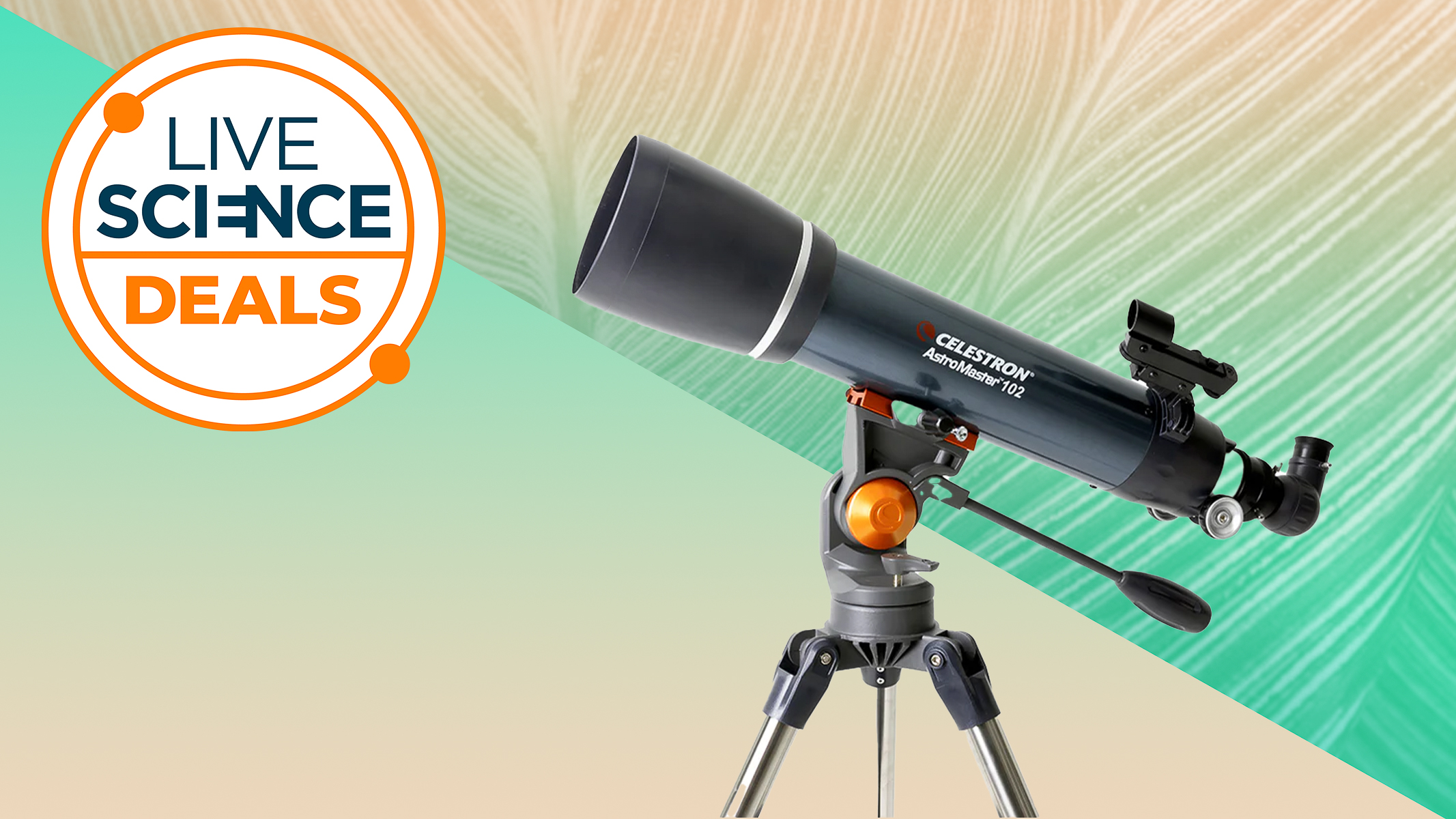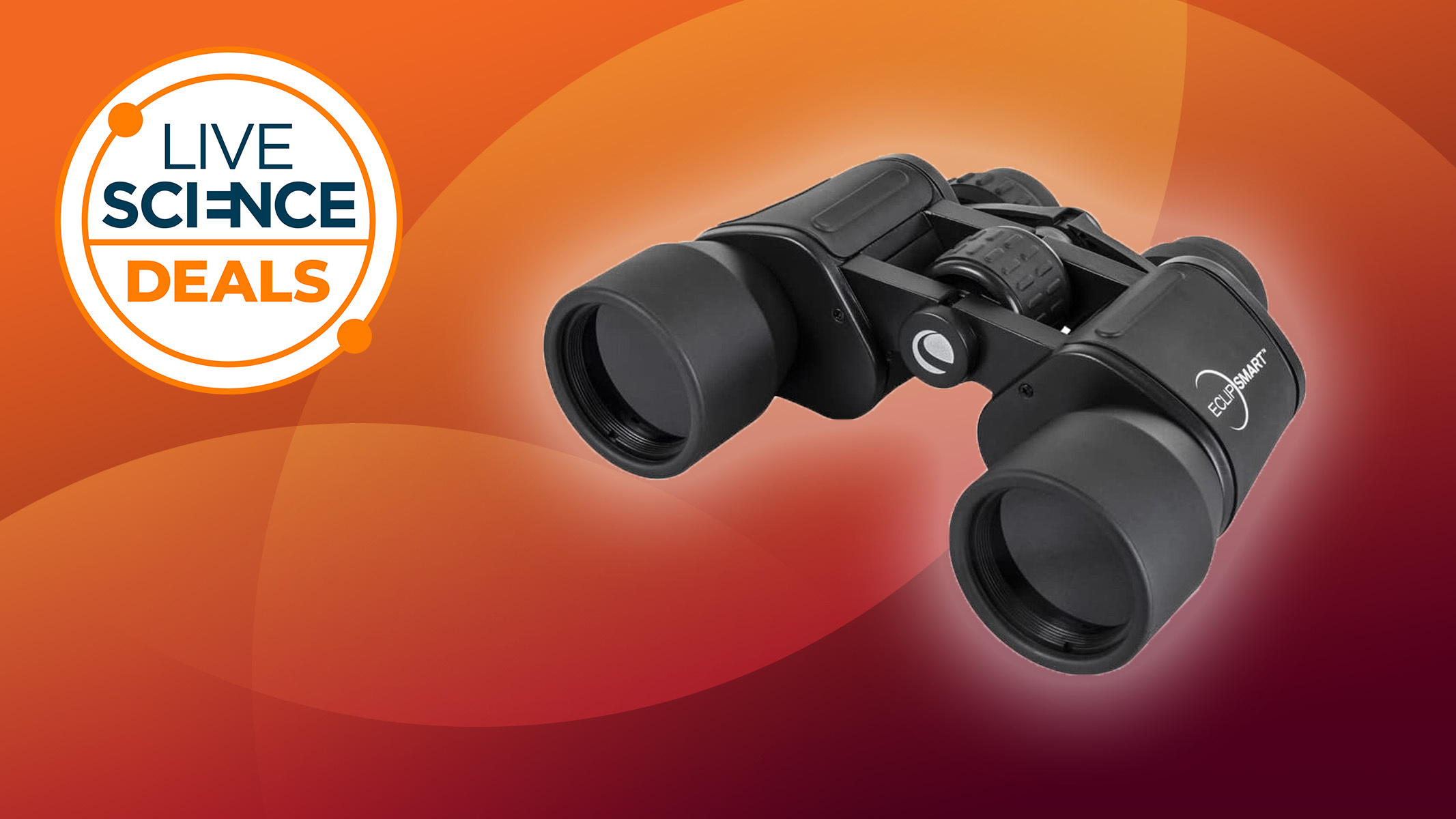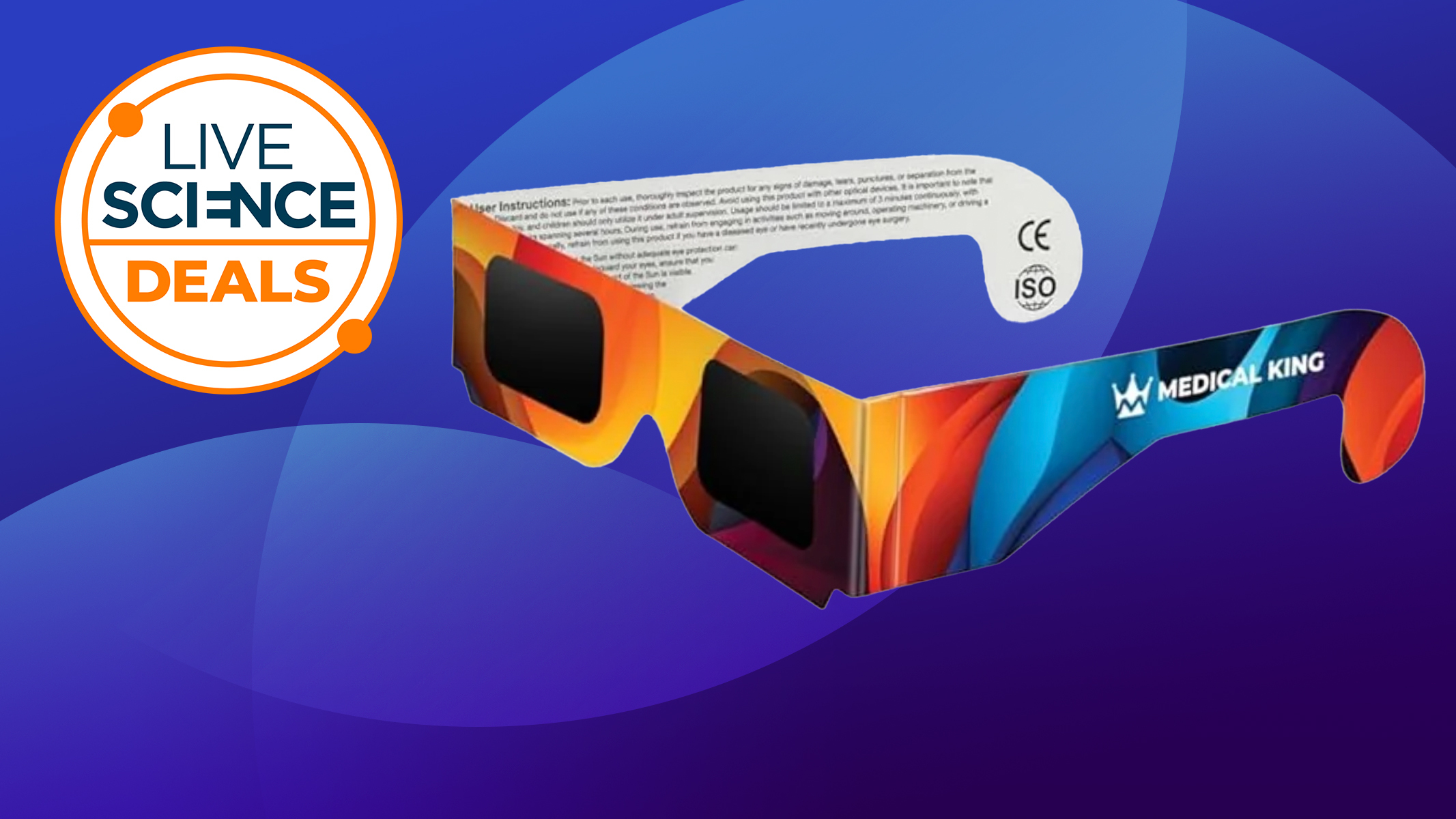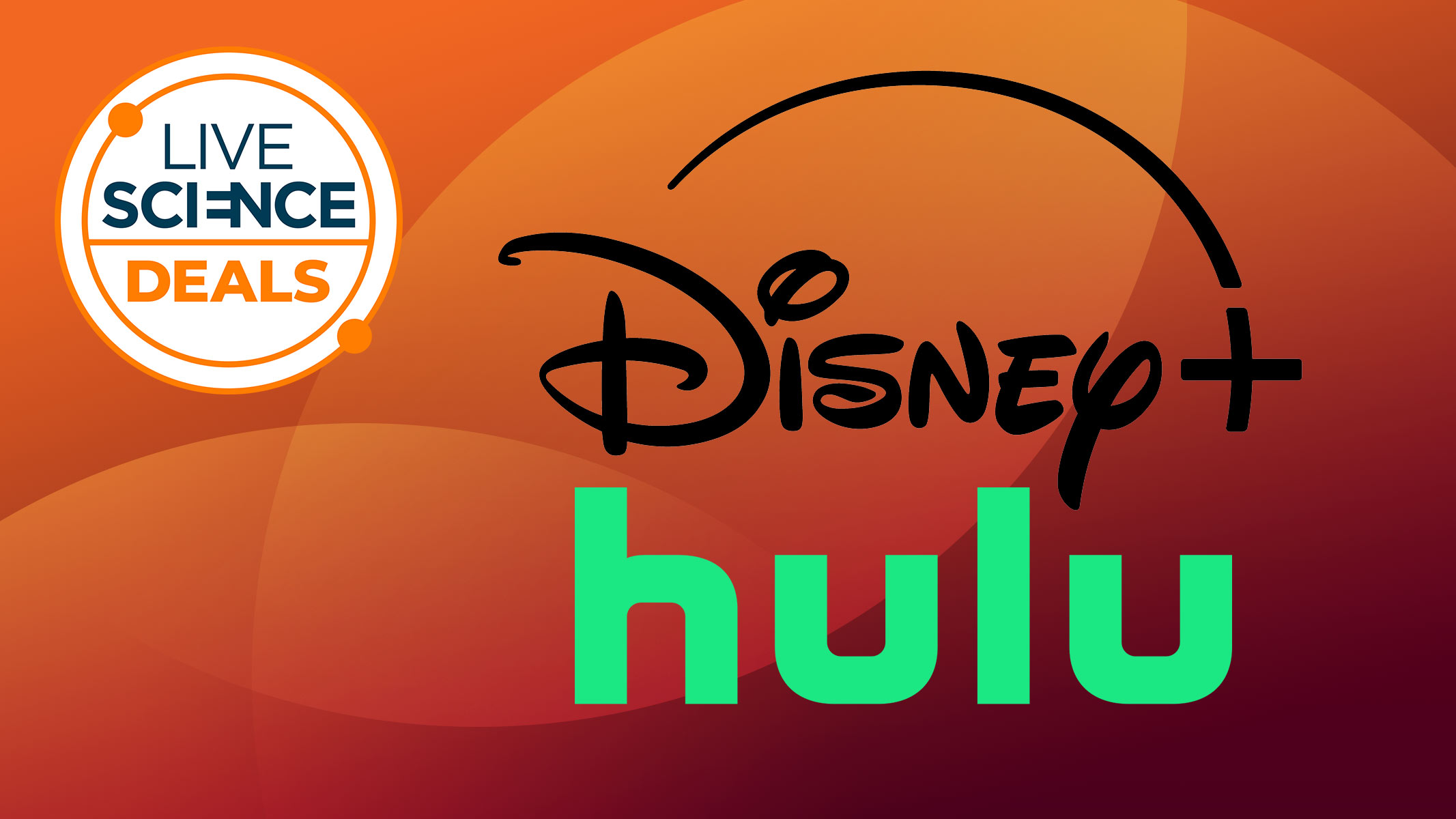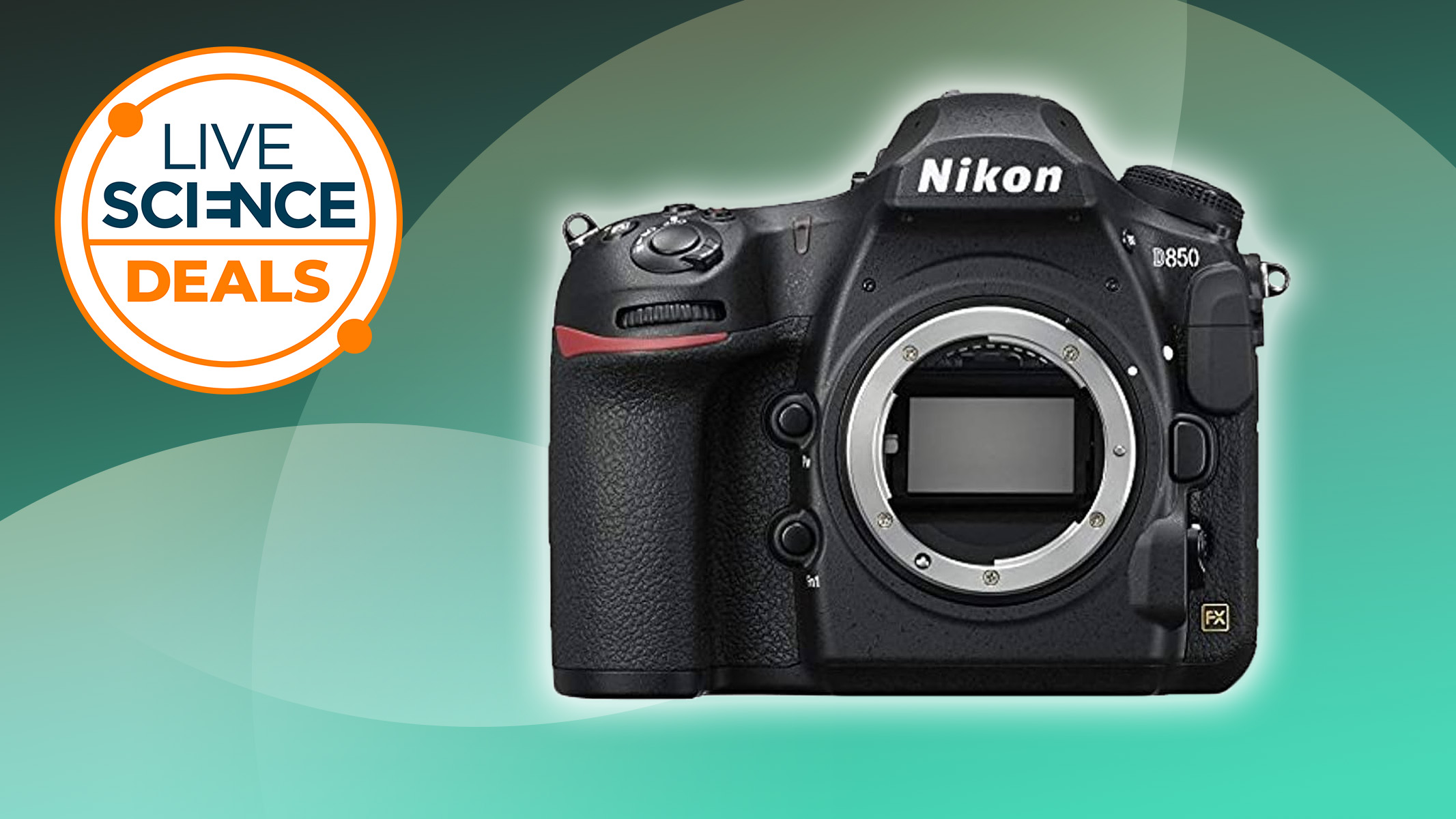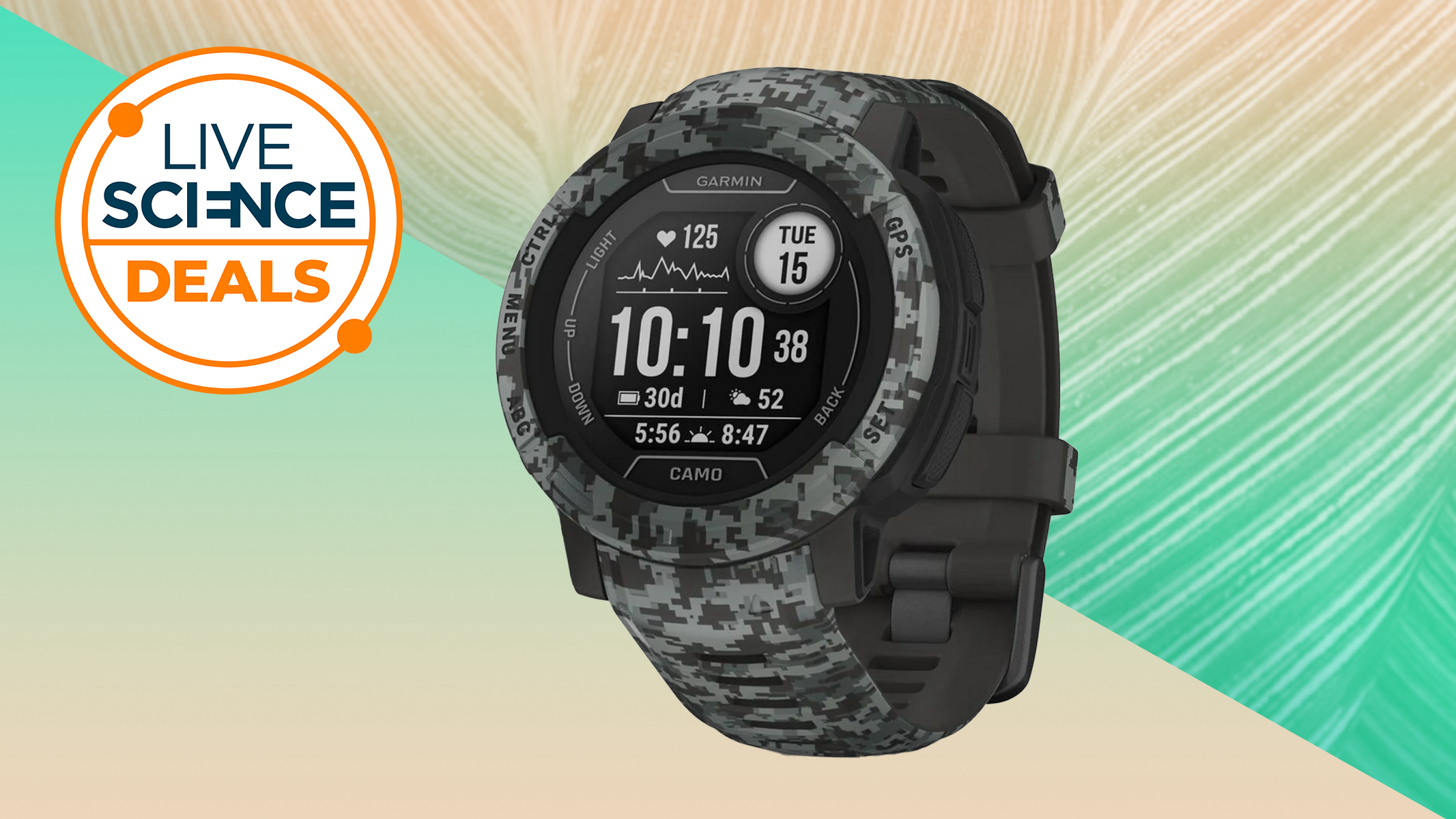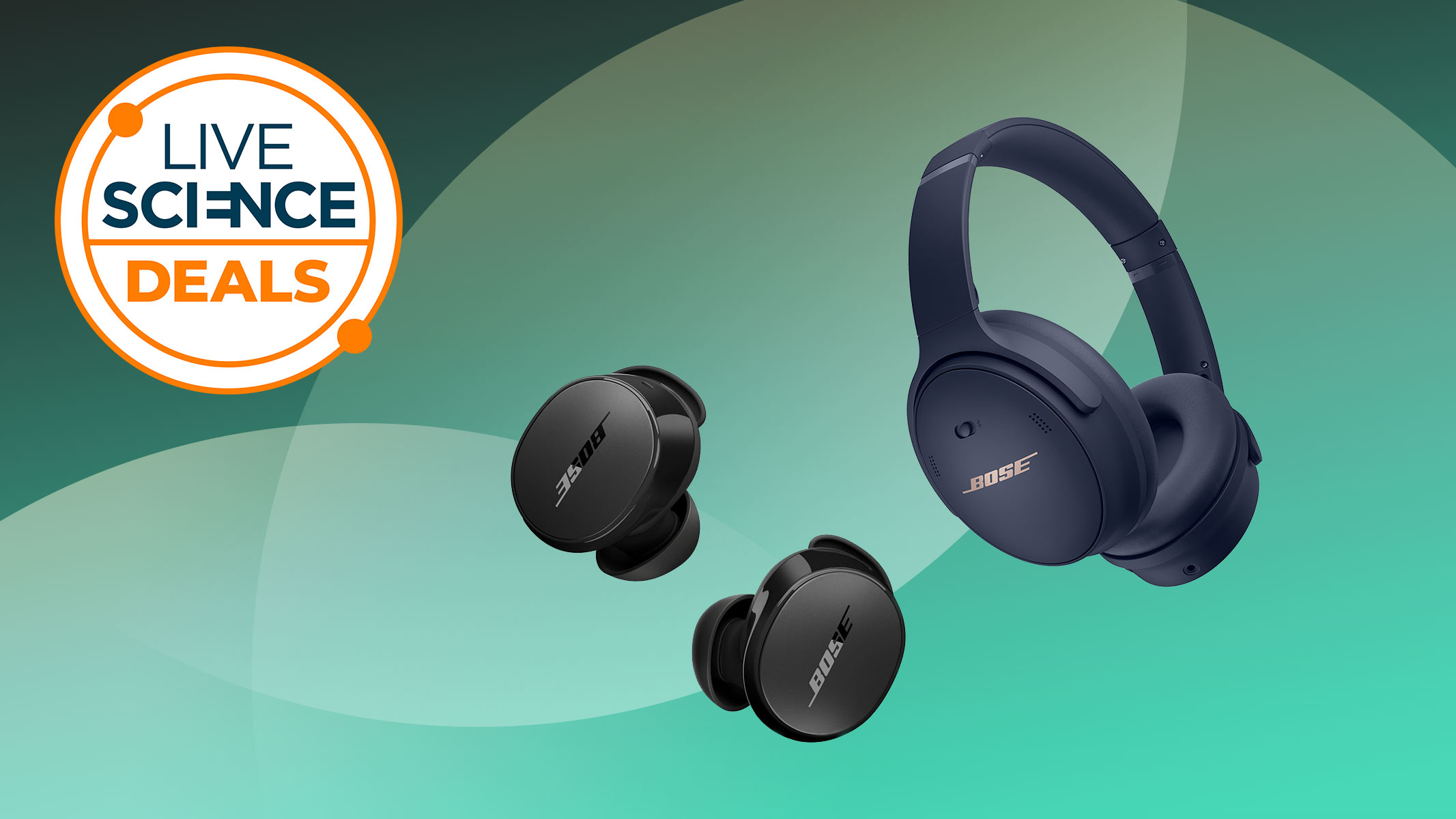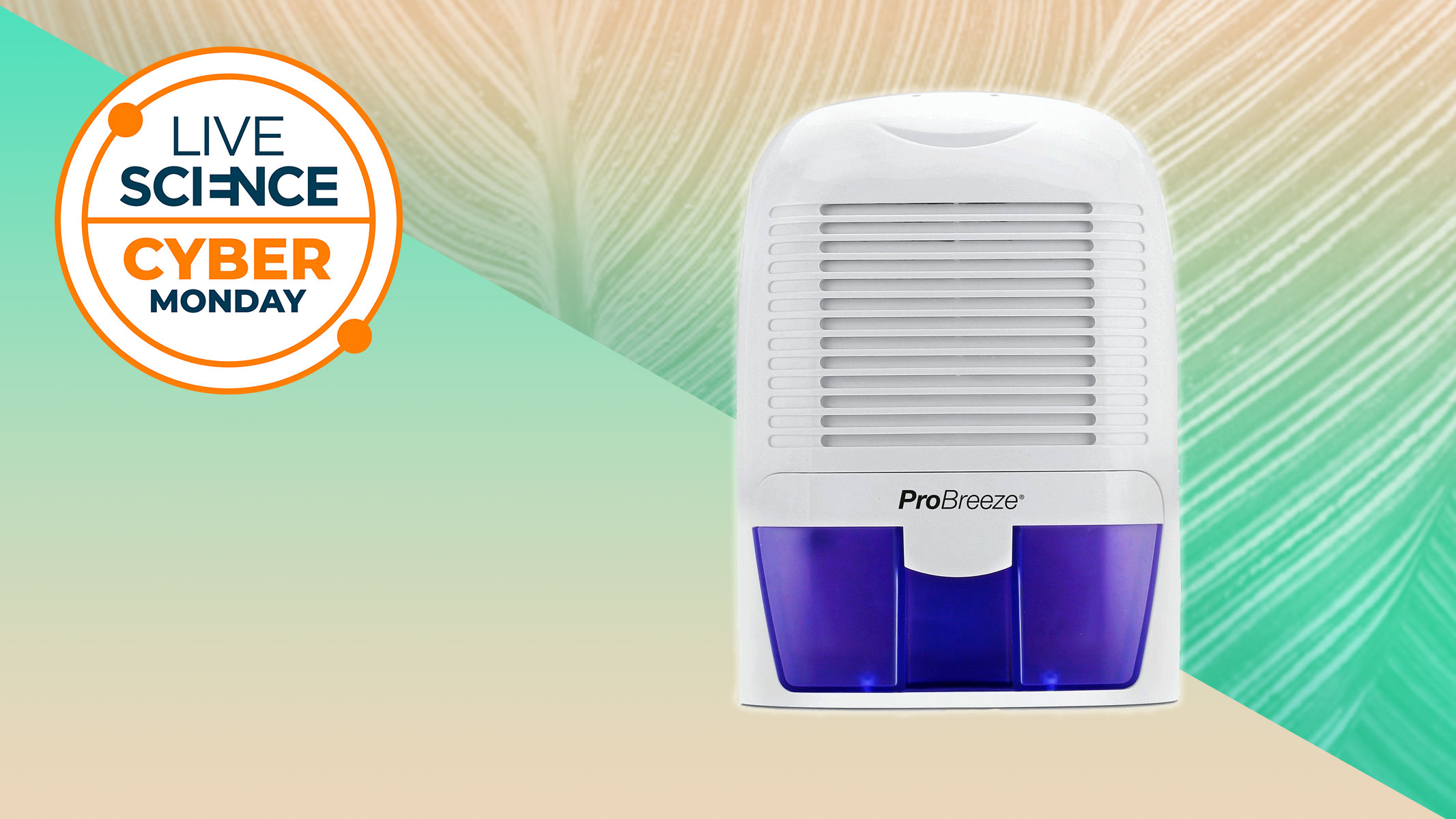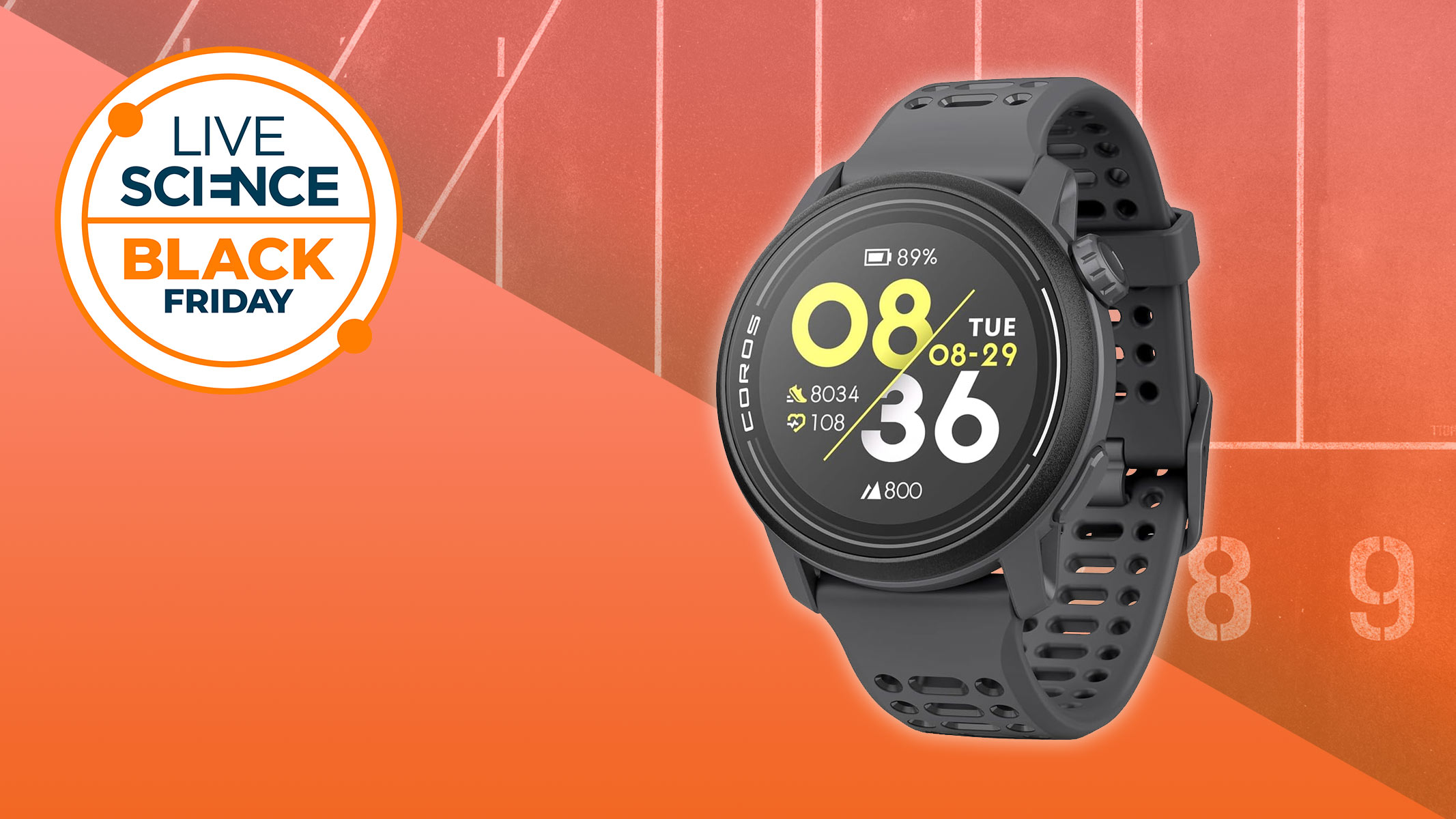One of the best smart telescopes now comes with a free solar filter worth $249 — perfect for eclipse watchers
You can get an amazing view of the upcoming solar eclipse with a free solar filter when you pick up a new Unistellar telescope.
Telescopes are great for exploring space, but no way should you be pointing one of them at the sun. That is unless you have a solar filter, and as luck would have it, Unistellar are offering a solar filter worth a whopping $249 for free when you buy their smart telescopes.
This is a great time to get your hands on a solar filter as we’re little more than a month away from the 8 April total solar eclipse that will plunge much of the United States into darkness. This deal ends on March 3, 2024, so you have a bit of time to think about things — we get it, telescopes are a big purchase — but with the eclipse fast approaching, it’s worth getting your hands on the kit sooner rather than later. That way, you can learn how to use the telescope properly before the big day.
The telescopes included in the offer are Unistellar’s Odyssey, Odyssey Pro, and Odyssey Pro Red Version.
Unistellar has an excellent lineup of telescopes — we previously called the Unistellar eQuinox 2 "one of the best telescopes you can buy" and the eVscope 2 "as beautiful as it is functional." We’ve yet to publish our review on the new Odyssey series, but our resident skywatching expert Jase Parnell-Brookes is on the case. However, Unistellar says the new telescopes aim to make exploring the universe effortless, promising live image-processing and easy image-sharing.
One of the key benefits of the Odyssey series is its multi-depth technology, which means you are able to swap between pointing the telescope at objects as far away as distant galaxies and nebulae, to objects much closer like Jupiter and the moon. That's a massive bonus for anyone serious about stargazing.
With the solar eclipse just weeks away, there’s no better time to grab a deal on a telescope and get a free smart solar filter in the process.
And remember, never look directly at the sun. The only time it is safe to do so, according to NASA, is during the brief moment of totality when the moon entirely blocks the sun’s surface. At all other times, you’ll need solar eclipse viewing glasses.
Sign up for the Live Science daily newsletter now
Get the world’s most fascinating discoveries delivered straight to your inbox.

Orla is an NCTJ-trained journalist with a background in beauty, lifestyle and technology commerce journalism and has worked for leading titles such as The Mirror and MailOnline. In her spare time, she enjoys visiting art exhibitions, buying clothes, and creating and accomplishing bucket lists of things to do in London. (orla.loughranhayes@futurenet.com)
